It doesn't often happen that a single national park is able to capture the essence of an entire continent. When it comes to Africa and its extraordinary wildlife riches, Kruger is just that place. One of the largest and arguably best national parks in South Africa, Kruger National Park is a wildlife-watching destination in and of itself.
If you have time to only visit one nature reserve in Africa to live a National Geographic-like experience, this is it.
Why Visit the Kruger National Park?
Wildlife density in Kruger is outstanding. The park is famously home to the Big Five, considered by many to be the Holy Grail of African wildlife. That would be lion, leopard, elephant, buffalo, and rhino. Naturally, because the park is not a zoo, sightings of the Big Five or any of the 148 species of mammals, 500 birds, 120 reptiles, and some 50-odd species of snakes is never guaranteed. Yet if you want the highest chances of seeing any and all, Kruger National Park delivers. No visit is ever a disappointment. No wildlife safari here is ever anything other than life-changing. Kruger is simply awe-inspiring.

The problem? The park is only slightly smaller than Belgium. Planning a visit to Kruger NP may seem a bit daunting at first. SO big, SO many accommodation choices…how does one even know where to start?
Because we've been there and safari'd that, we thought we'd share a few insider tips which we found useful in the planning and executing of our own visit.
Top Tips for an Unforgettable Visit to Kruger National Park
- If you can, plan your visit in the dry season – Fewer watering holes means a higher concentration of wildlife (and sightings) in fewer places. The wilderness will also be drier and less dense, increasing your chances of seeing animals. The dry season here runs from May to October – the later in the season you visit, the better your chances are of seeing a lot of animals.
- Visit both the north and south of the park – Kruger is 'split' into two distinct sections. The north is all about those ethereal savannah landscapes, where wildlife encounters are fewer but breathtaking. In the north, you won't be descending on a waterhole alongside two dozen other tourist-laden 4Wds. The south, which is the busiest side, is where the wildlife density is at its highest, so you would definitely want to experience a couple of days of intense animal spotting here.
- Plan to stay in one place for 2-3 days – The best tactic is to 'move' around the park and experience both the north and south by staying in one of the stunning lodges in Kruger National Park for 2-3 days, then moving on to the next. Many people book private transfers between lodges, but there's a better way to turn a transfer day into an outstanding day-long safari.
- Hire a car and self-drive between lodges – Driving in Kruger National Park may seem scary at first, but it is easy and super safe if you follow a few simple safety steps. South Africa is a left-hand-drive country, so it's even easier for Australians to get around. The best plan? Pick up your rental car at Johannesburg Airport and enjoy the 4-5 hr drive to the park and your first lodge of choice.
- Enjoy the best of both worlds – Once at your lodge, enjoy all the safaris on offer with the lodge's guides and vehicles. When you're ready to move on to the next lodge, skip the private transfer and drive yourself. These in-between self-driving days often prove to be insanely rewarding because you'll enjoy the freedom and independence of wildlife spotting on your own. By and large, calculate a transfer time of 20km/hr due to speed limits, rest and animal watching stops, etc. That means that an 8hr drive day will see you safely and comfortably connect to lodges that are 160kms apart.
Kruger National Park isn't an ordinary nature reserve. This is perhaps the world's last remaining true animal sanctuaries. A visit is a life-dream for many and, with some clever planning, you could turn your visit into a magnificent reality you will never forget.
If you've been lucky enough to visit Kruger, what are some things you wished you had known while planning your trip? Share your insights in the comments!
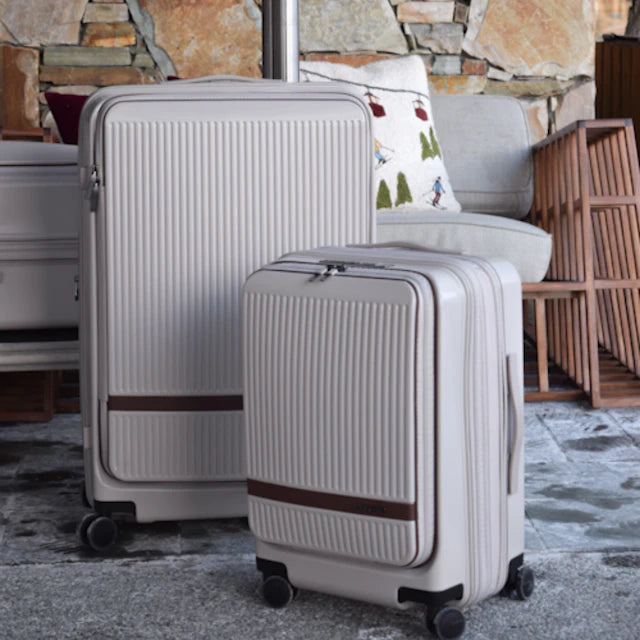
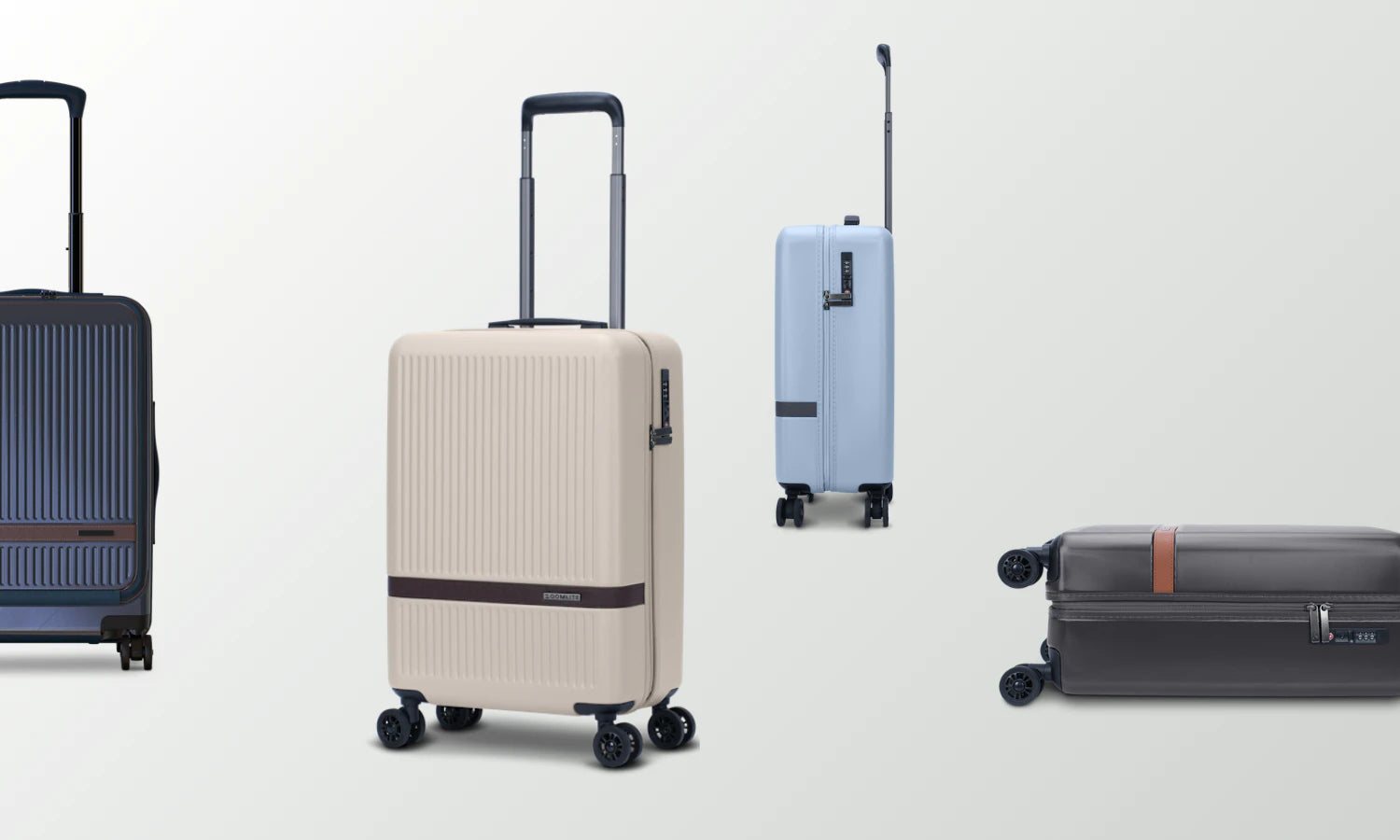
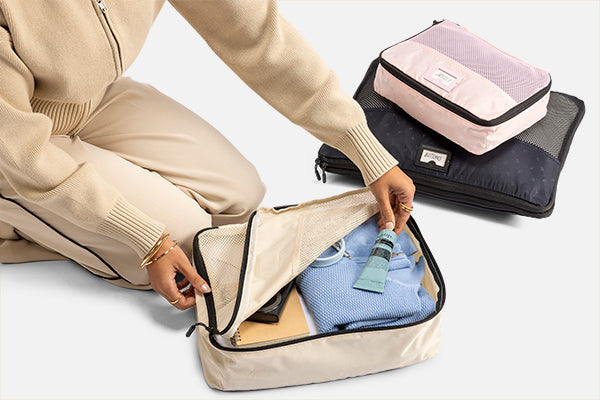
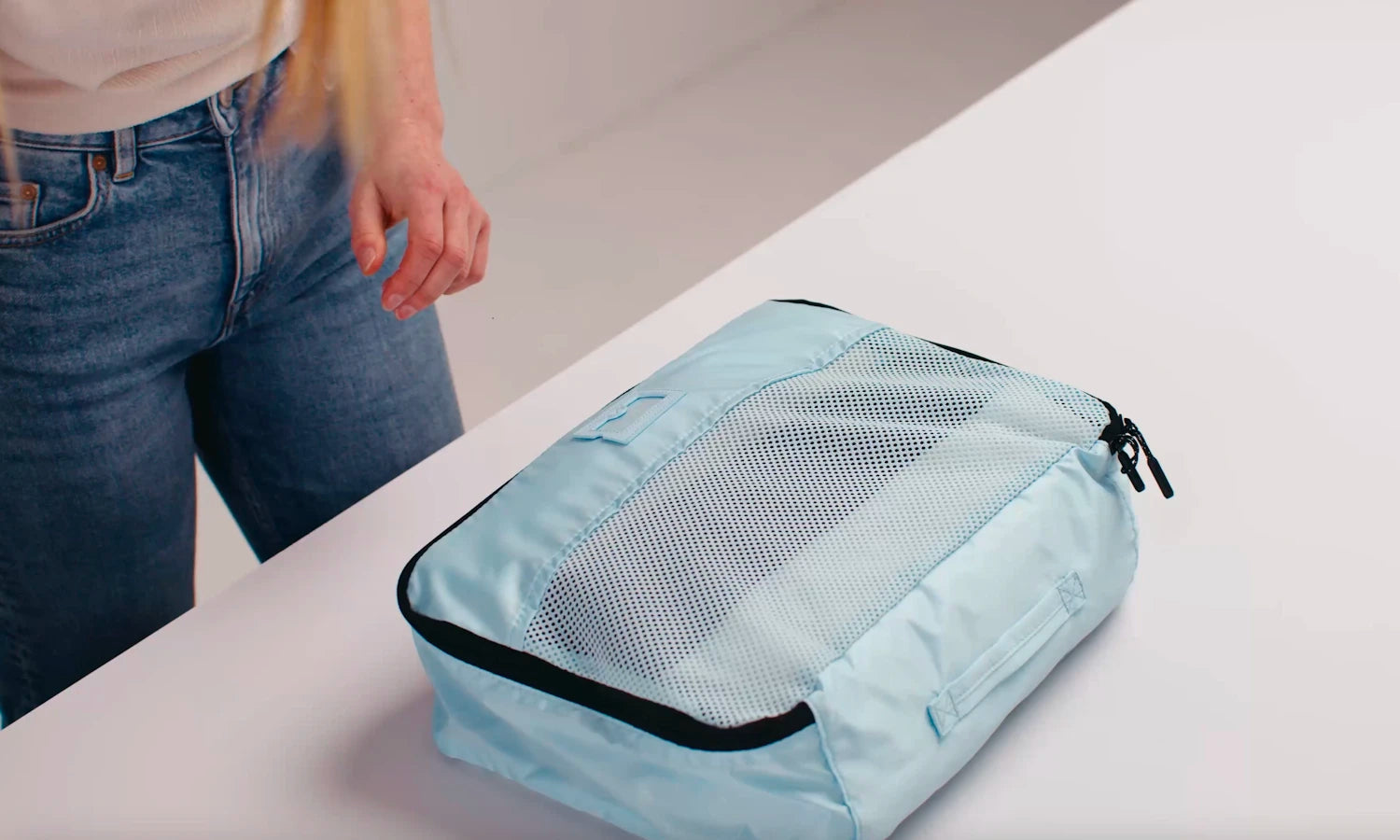

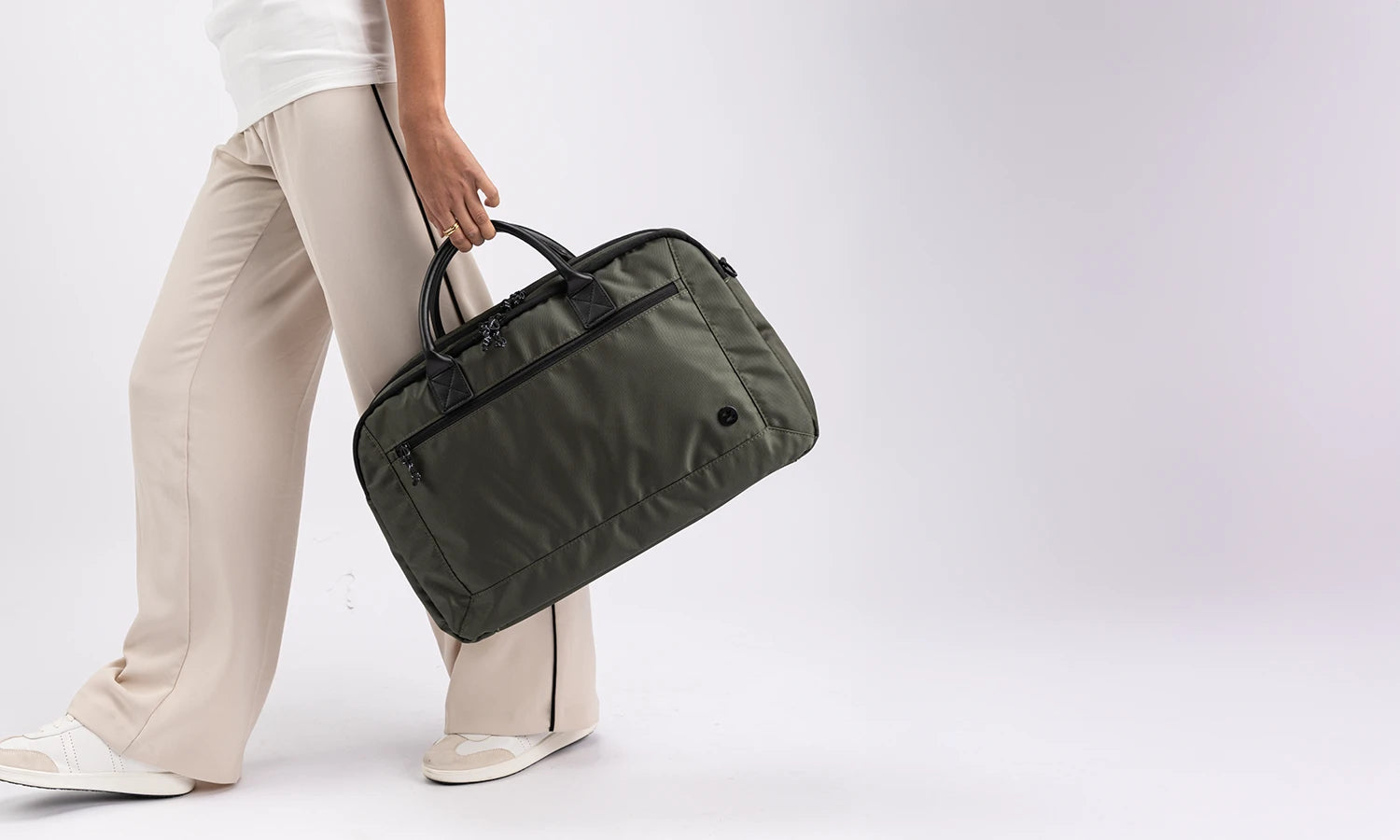
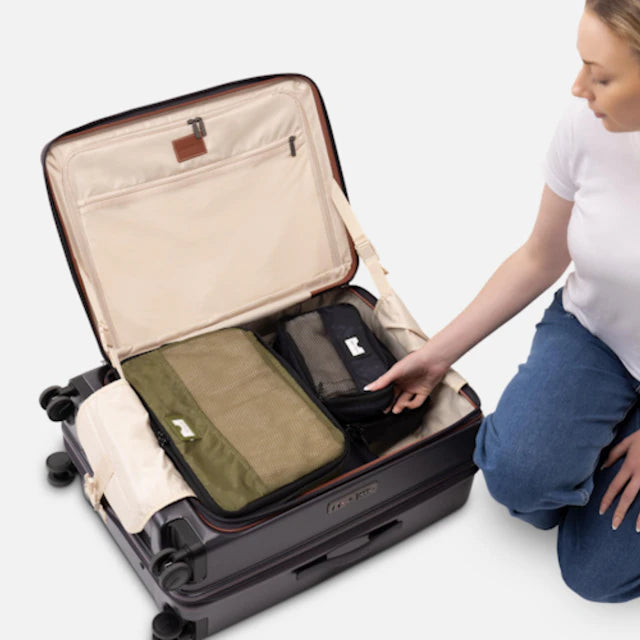


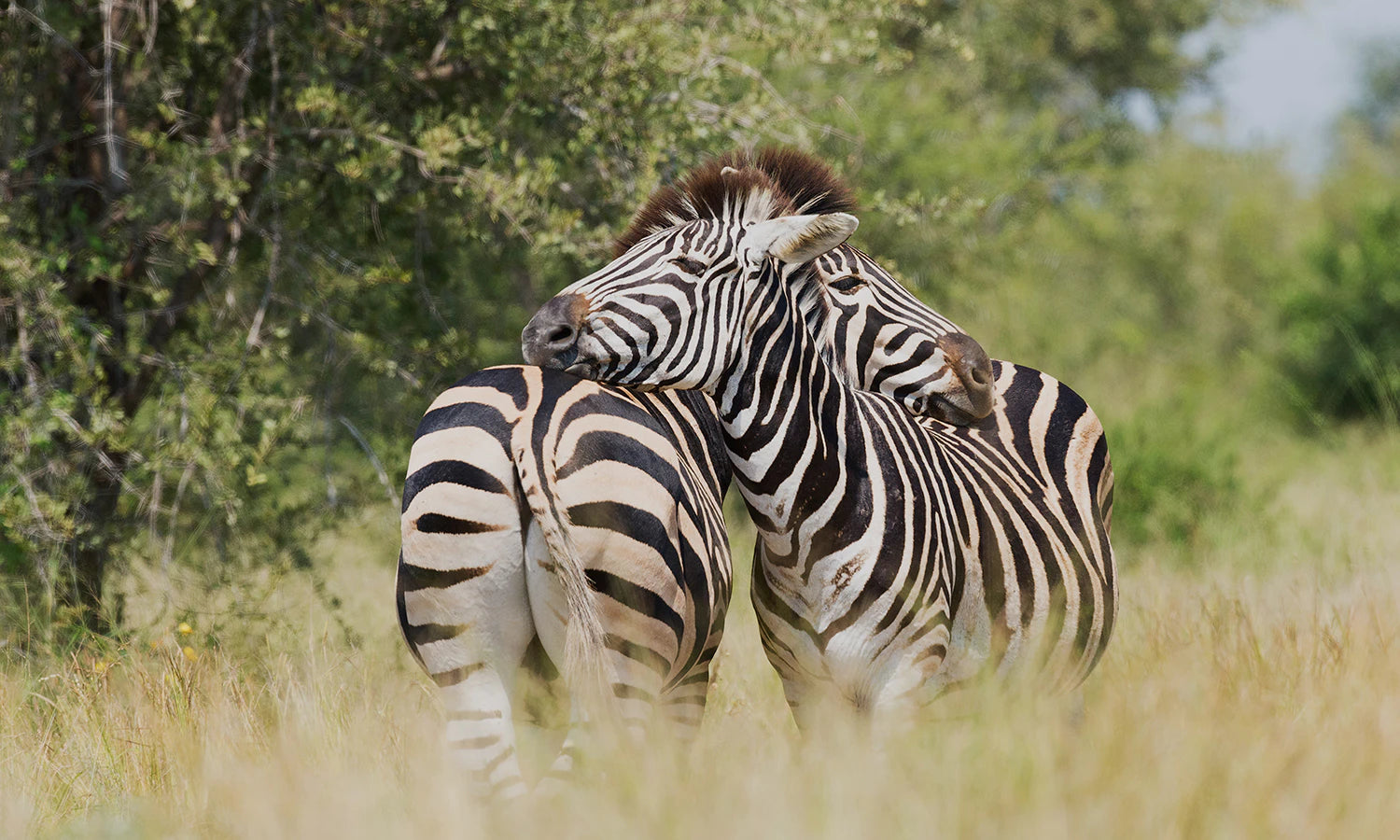
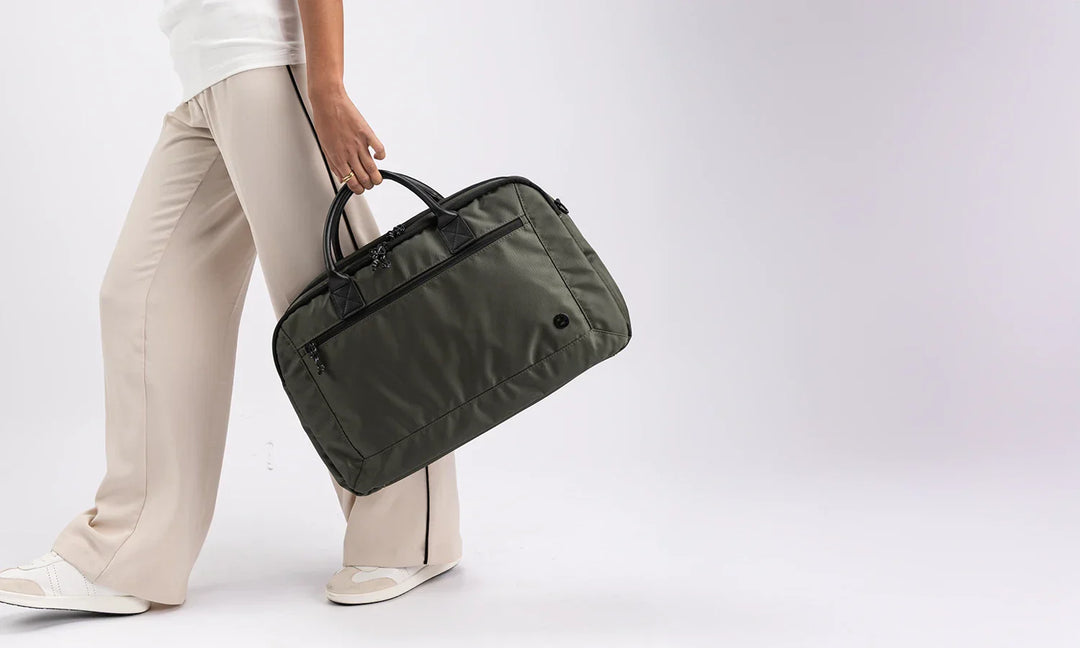



Leave a comment